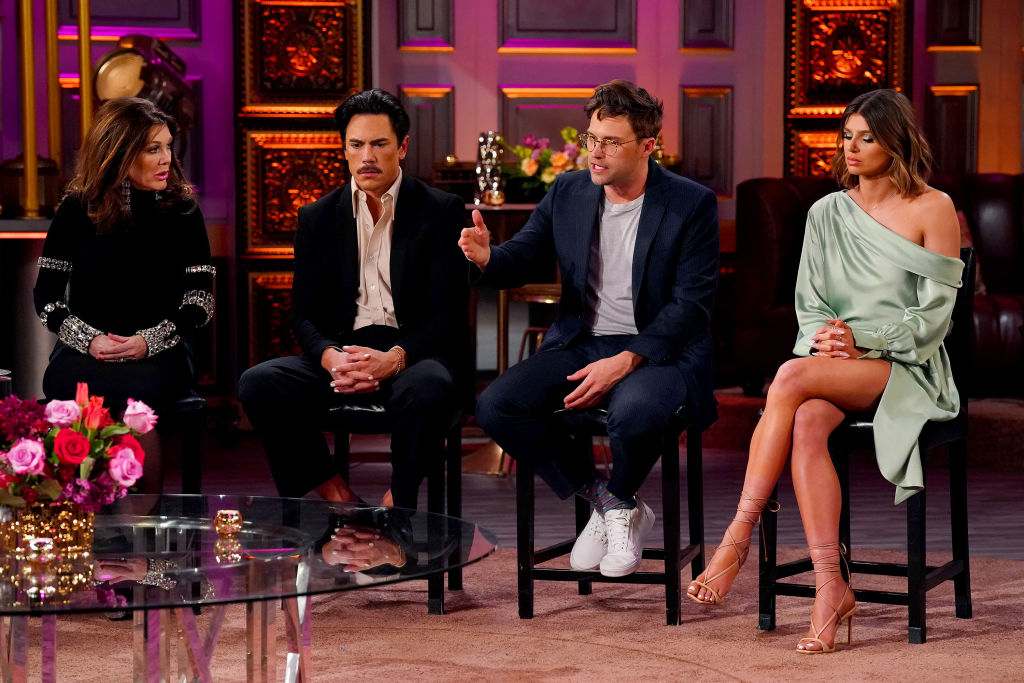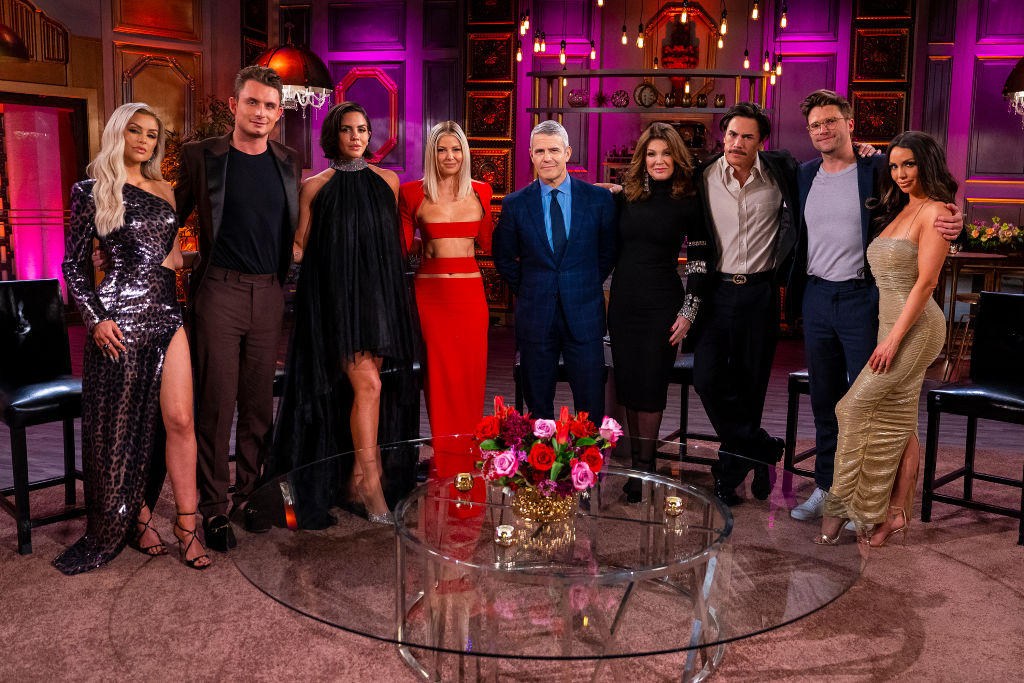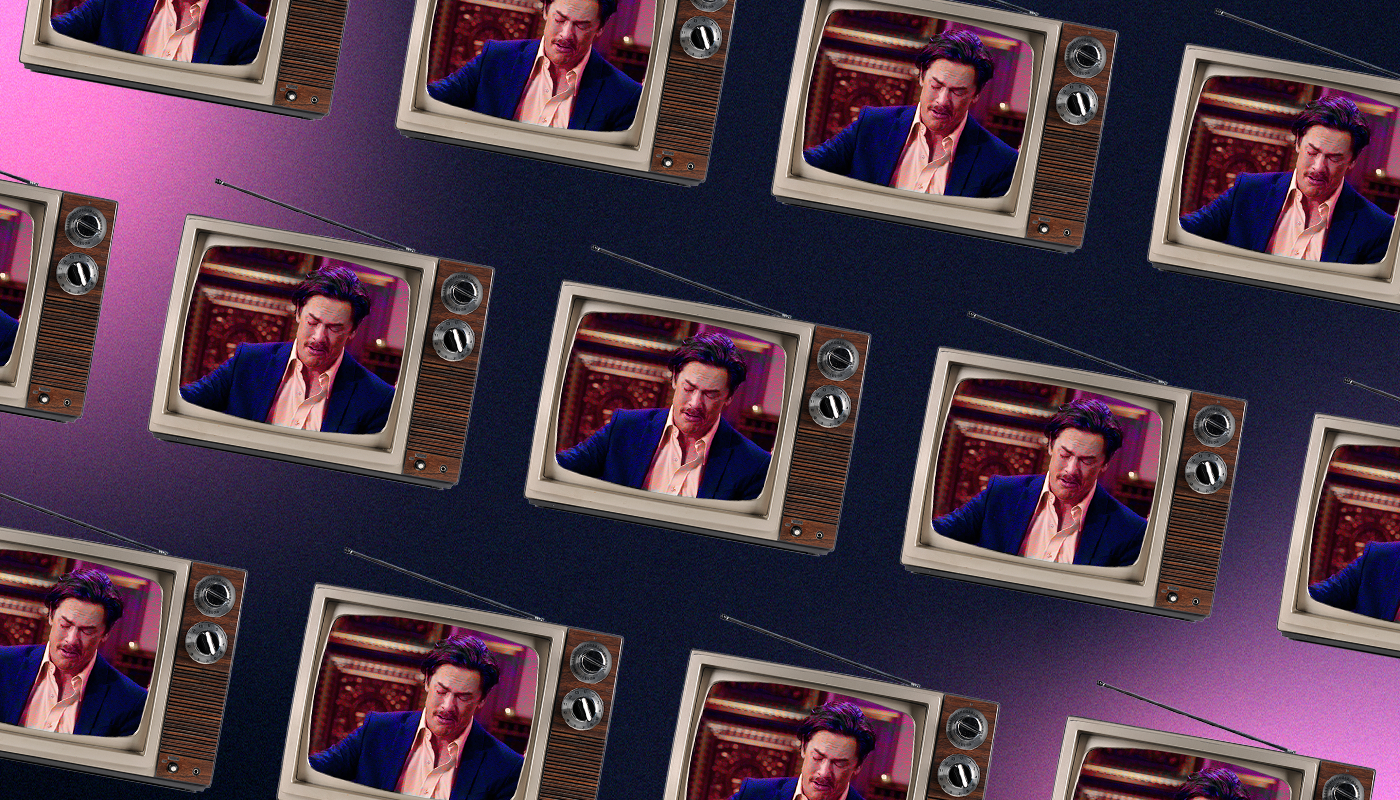March 3, 2023, was the JFK assassination of reality TV: You’ll remember exactly where you were when TMZ broke Scandoval. Since then, #Scandoval has been used over 379 million times on TikTok; it was referenced during the White House Correspondents’ Dinner. While cheating revelations on reality TV are a dime a dozen, what makes this one different is how it demolishes the fourth wall.
Traditionally, the first rule of reality TV is you don’t talk about the fact that you’re on a TV show. On dating competitions like The Bachelor, that distance helps viewers forget the show is orchestrated. The guideline applies to docu-soaps like Vanderpump Rules, too. But these shows have occasionally broken that rule ever since The Hills — one of the first and most influential docu-soaps — famously did so in its 2010 finale.
When it premiered in 2006, The Hills went to great pains to appear unscripted. Conversations weren’t scored with music; scenes concluded arbitrarily. Even the way the episodes started with a perky “Hi! I’m Lauren” voiceover gave the series a more confessional, documentary feel. Contrast that with the series’ final scene, when Brody Jenner surprises Kristin Cavallari as she’s leaving for the airport. He shuts her into a black car and watches it pull away, the Hollywood sign visible behind him. The footage cuts between Jenner standing with a pensive expression and Cavallari gazing sadly out the car window as an acoustic recording of Natasha Bedingfield’s “Unwritten” plays. Suddenly, the picture-perfect background of the Hollywood sign pulls away, too. It’s not a distant vista after all, but a backdrop that’s being wheeled off-camera by a crew member. The camera continues zooming out, and viewers see lights and golf carts — it’s clear we’re on a set. “Today is where your book begins,” Bedingfield croons. “The rest is still unwritten.”
That ending, which attracted a record 3 million viewers in 2010, was the first time a reality show admitted it was produced. At the time, Vulture called it “an interesting twist” and Time said it was “surprisingly smart.” It was clever because, when the finale aired, The Hills was facing criticism for fabricating storylines. After the show wrapped, cast members confirmed many central plot points were totally made-up — including the Paris trip Conrad famously turned down to spend the summer with boyfriend Jason Wahler. Plus, while Cavallari and Jenner dated as teenagers, their romantic relationship was finished by the time The Hills rolled around. If viewers knew that, they wouldn’t have been so invested in the cast’s lives, but the show got away with exposing the producers’ hands because it was ending.
That was 13 years ago, back when we thought reality TV was a documentary with a catchy pop track. It was before you could watch a fight on screen and then read a cast member’s Twitter thread about how that scene was manipulated. Social media hasn’t just democratized fame and brought the town square to the public sphere — it’s also leveled control of reality TV narratives. It would take one scroll through Cavallari’s tagged photos on Instagram for fans to figure out she and Jenner weren’t really dating, for instance. Now, the best way for producers to keep viewers’ trust is to occasionally show their influence, which reality shows have occasionally been doing ever since that fateful 2010 finale: Denise Richards’ “Bravo, bravo, fucking Bravo”; Pieper and Brandon getting caught discussing how to play up their relationship on Bachelor in Paradise; Love is Blind showing Andrew Liu put eyedrops in to make it look like he’d been crying; Kourtney Kardashian admitting she wasn’t a fan of the way her engagement to Travis Barker was portrayed on The Kardashians.

Scandoval, though, was unique because it closed the distance between producers and viewers in real time. When the report broke, filming had wrapped for the season. But because it was such a sensation, the crew went back to capture additional footage. Bravo could have waited to cover it until the reunion or next season, but they reconfigured the show. That’s the first crack in the wall: The show traditionally informs the audience’s response, not the other way around.
Before this, reality shows would only take audience opinions into account between seasons, except for when a cast member’s problematic past was exposed and they’d be retroactively edited out. Now, Bravo is adjusting in real time, and it’s working. VPR’s first post-Scandoval episode jumped up 200,000 viewers from a season low just the week before. Subsequent episodes have garnered at least 1 million viewers. Part 2 of the reunion got a record 4.1 million viewers between Bravo and Peacock.

I don’t think it’s a coincidence that viewership is climbing as the fourth wall comes down brick by brick. Viewers were being drip-fed clues of the affair, while we watched the cast put the pieces together. All the while, we knew the bombshell that was coming. Knowing we aren’t getting the full story takes the viewing experience to another level. Instead of just watching drama unfold, we’re actively looking for signs of the affair. For the first time in a while, it feels like the drama is actually unwritten. It’s as if we’re on that lot in Hollywood, watching that backdrop of The Hills get slowly wheeled away.
Images courtesy of giphy and Getty Images.




















































